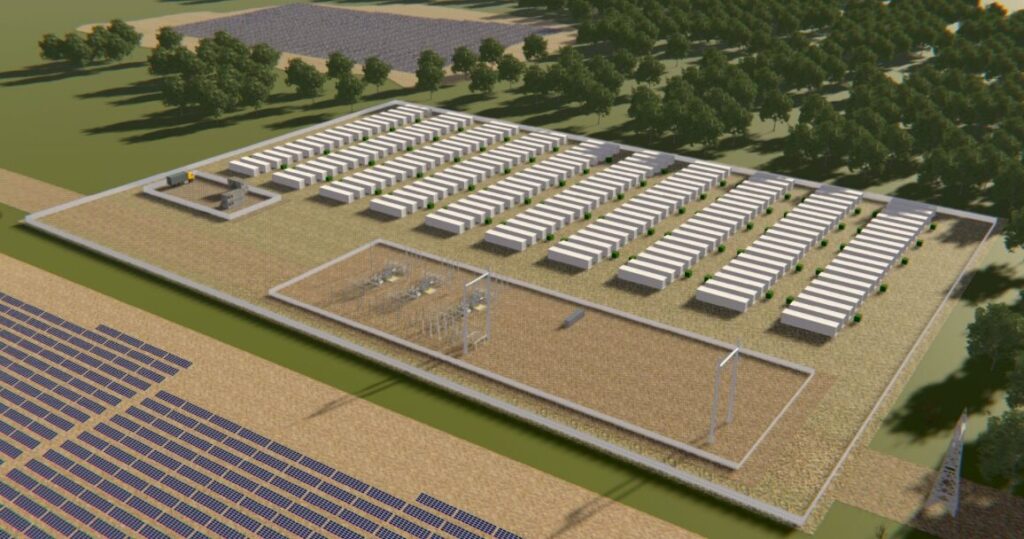
Steady price falls the past few years have made lithium-ion BESS a real contender for long-duration energy storage (LDES), and that is now reflected in global project pipelines.
Lithium-ion now accounts for half of the global long-term project pipeline for inter-day (8-70 hours) LDES and most of the projects coming online by 2030, according to market intelligence firm Sightline Climate, research analyst Lukas Karapin-Springorum explained to Energy-Storage.news.
Note that the firm’s data does not include pumped hydro energy storage (PHES), as it is an established technology, highly geographically constrained and in practice typically behaves differently to other energy storage resources.
“For all LDES, including inter-day and multi-day, CAES (compressed air energy storage) has the greatest announced capacity in the pipeline followed closely by lithium-ion. But this is skewed by several very large projects from Corre Energy in Europe, and they haven’t been doing so well recently,” Karapin-Springorum said.
Try Premium for just $1
- Full premium access for the first month at only $1
- Converts to an annual rate after 30 days unless cancelled
- Cancel anytime during the trial period
Premium Benefits
- Expert industry analysis and interviews
- Digital access to PV Tech Power journal
- Exclusive event discounts
Or get the full Premium subscription right away
Or continue reading this article for free
Corre Energy de-listed in early 2025 following a sustained fall in its share price, and its UK arm filed for administration recently too.
And if you narrow down to inter-day storage of 8-70 hours, lithium-ion is now a substantial chunk of the LDES pipeline, Karapin-Springorum explained:
“But, if you only include inter-day (8-70 hours) then lithium-ion is half of the announced capacity followed by the other emerging LDES technologies. And for those inter-day LDES projects set to come online by 2030, then most of it is lithium-ion.”
For inter-day (8-70 hour) capacity coming online by 2030, lithium-ion accounts for 74% of the 58GWh pipeline, or 42.9GWh in total. CAES is 9.3GWh and other LDES technologies total 5.8GWh.
Karapin-Springorum also said that looking in the longer-term, if certain countries are to hit their stated LDES targets, BESS will have a huge role to play.
“And if you look at the amount of LDES that policies like those in the UK, US and Germany are looking to support, the gap between those figures and announced projects is huge. Lithium-ion only needs a few years and makes up the vast majority of the capacity in the pipeline set to be operational by 2030,” he said.
The amount of LDES capacity supported by these schemes totals 33.6GWh by 2030 commercial operation and 122.7GWh by 2045 operation.
Several BESS owner-operators in the UK recently came out against its LDES cap-and-floor scheme for projects to be delivered between 2030 and 2033, while other owner-operators have been clear that they intend to bid into the flagship revenue underwriting mechanism using lithium-ion BESS projects.
An open letter signed by BESS owner-operators argued that cap-and-floor would distort the market by favouring resources of 8-hour duration or more against shorter duration assets that will continue to have to compete for many of the same opportunities.
Battery OEM and BESS system integrator Envision Energy wrote a guest blog for Energy-Storage.news earlier this year, detailing how lithium-ion is now cost-competitive for durations of 8-hours and more according to its analysis.
Lithium-ion has also comprised the bulk of projects selected in competitive solicitations for LDES projects in California, US, and New South Wales, Australia, to date.





